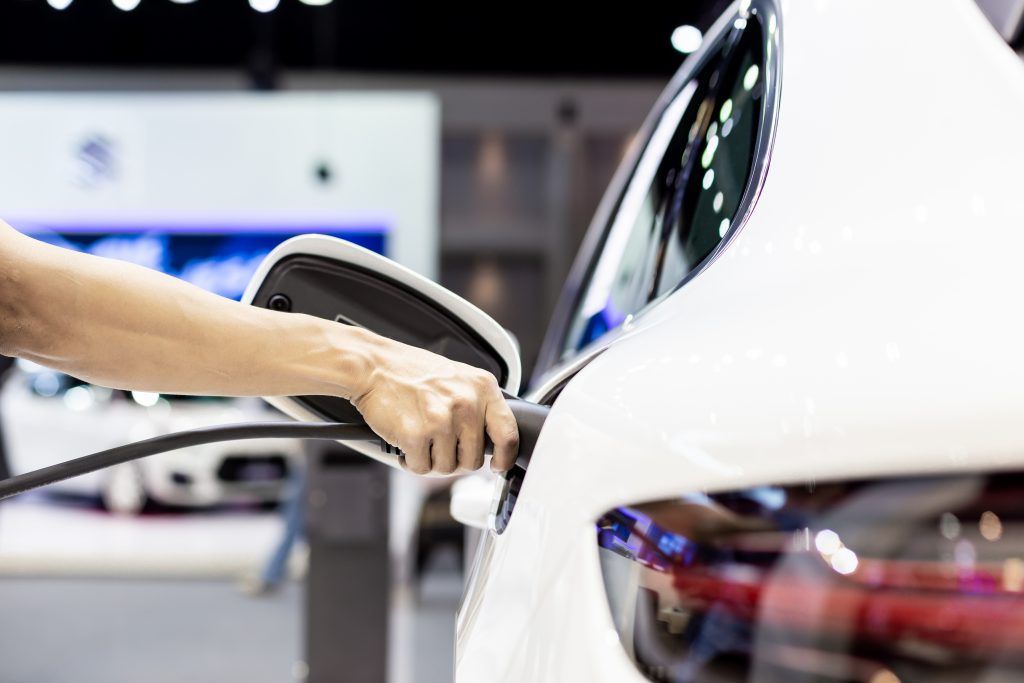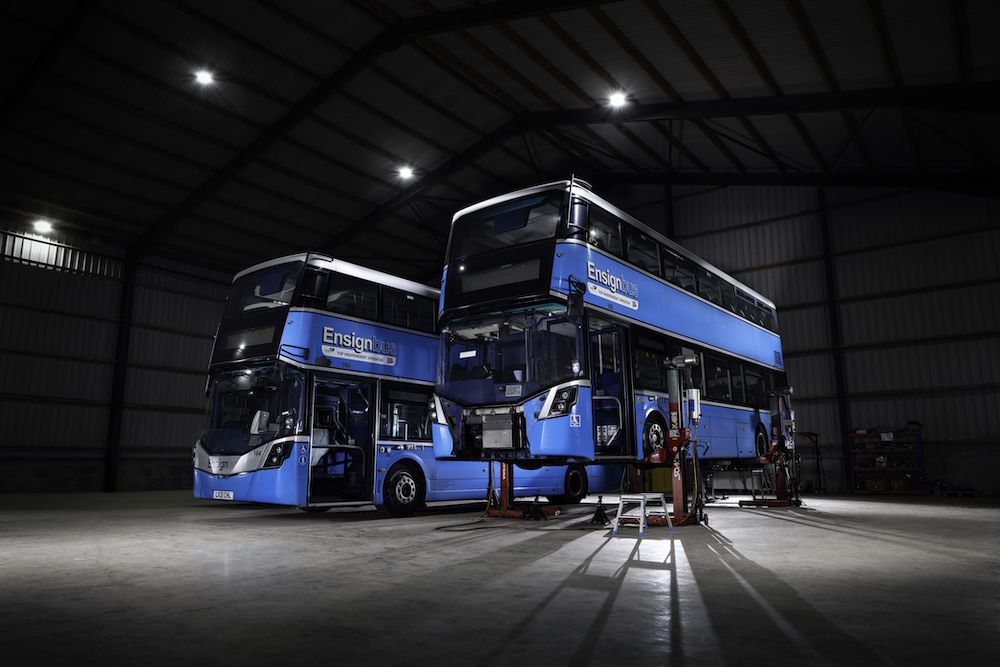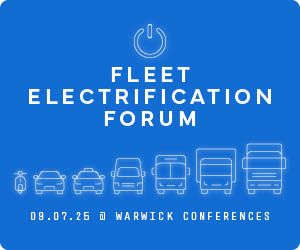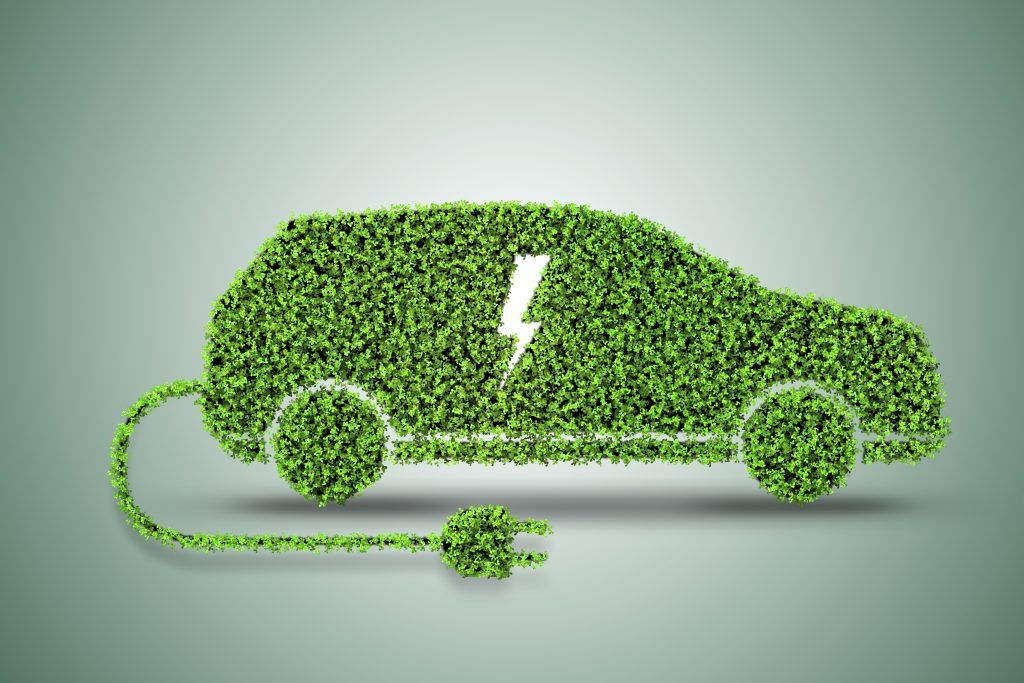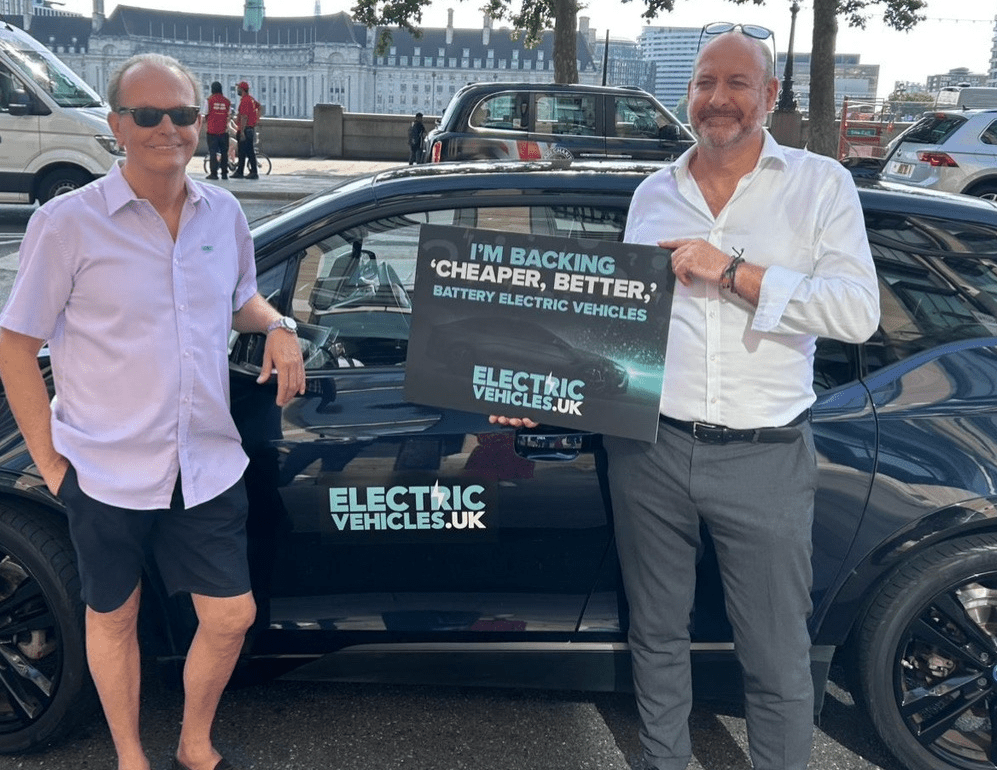Schneider Electric has announced it will electrify 1200 vehicles from its own fleet by 2025.
The commitment will see the firm reduce its climate impact by 64,400 metric tonnes of CO2 each year by the end of the transition period.
The move will see investment in AC and DC charging across its sites around the UK and Ireland with medium voltage and low voltage electrical distribution equipment. This programme will ensure supply, PV to generate energy, battery storage, and a microgrid to monitor power needs at all sites – and usage to develop Schneider Electric’s overall sustainability strategy.
The scheme has been designed by a dedicated project team that includes a driver focus group, tax and treasury, fleet, indirect procurement, HR, rewards, payroll and communications.
Schneider Electric has also assisted other firms and local authorities with their fleet, including installing EV chargers and power infrastructure – including Nottingham City Council, Berkeley group, the Environment Agency, Elexent and Arriva.
A group of Schneider Electric employees are trialling the new scheme ahead of a phased roll out over the course of the next three years.
Speaking about the move, zone president of Schneider Electric UK and Ireland, Kelly Becker, said: “Electric mobility, coupled with decarbonization, decentralization and digitalization of energy, is key to achieving the target to reduce global CO2 emissions by 45% by 2030 and put a halt to climate change. The core of our strategy is providing energy and automation digital solutions for efficiency and sustainability and we’re already enabling many businesses on their mission to achieve a greener future.”
David Hall, vice president, power systems at the company, said: “Schneider Electric’s commitment reflects our commitment to carbon neutrality, and our goal to achieve net-zero emissions by 2030. Sustainability is at the heart of everything we do and everyday our employees have a crucial role to play in positively impacting climate.
“This is another way in which we are enabling them to contribute to a more sustainable future by reducing emissions and our dependence on fossil fuels.”



